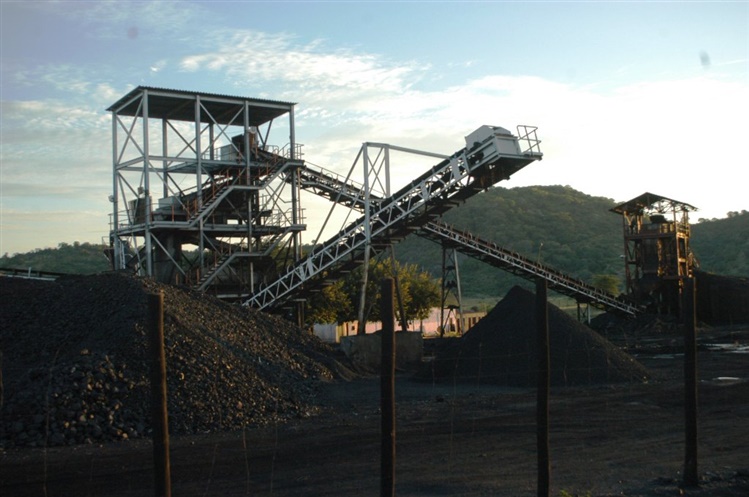Mozambique’s power export earnings drop 34% YoY in Q1 on water shortage
150 families of Jindal mining concession areas to receive homes by end of year

O País (File photo)
Indian coal miner Jindal, holder of a concession in the Chirodzi area on the border between the districts of Marara and Cahora Bassa 105 kilometres from the city of Tete in central Mozambique, is to provide at least 150 houses for families who used to live in mining areas.
The program covers just some of the 538 families from the villages of Cassoca, Cassica, Luane, Dvinda and Gulo, whose homes and cultivation plots were handed over to the company.
Provincial Director of Land, Environment and Rural Development in Tete, Victor Manuel Poio, has told AIM that the first 50 houses will be delivered this month, and the remainder handed over by the end of the year.
Many of the displaced families have tried to halt mining activities, complaining of health problems including noise and environment pollution and contamination of soils and water.
All families covered by the programme currently receive subsistence grants of around 2,000 meticais (about US$33) a month.
The first phase will include 150 three-roomed houses to be delivered to those whose places of residence and farming plots were transferred to Jindal. Other families will only have homes completed in 2018.
Poio explained that home construction started late owing to delays in the commencement of the mining activities. Jindal, which also operates in South Africa, Madagascar, Tanzania and Zambia, has mobilised a further 119,250 meticais to compensate those who lost their farming areas.
In a conversation with AIM, Poio denied rumours of livestock killed by contaminated water sources. “We sent a multisector team from the provincial government to the region to find out how true the information was,” he said, but laboratory tests showed that the water was not contaminated.
“It was mere speculation. It was unfounded information, ” he said, while acknowledging that mining does cause pollution and pointing out that the provincial authorities visited the site regularly to make sure Jindal activities did not cause environmental problems.
An AIM visit to the area uncovered no striking health problems in the community or the livestock for which Tete is known in Mozambique, but did find a hospital unit in operation serving not only the mining workforce but also the surrounding population.
The hospital provides a free 24-hour service and has an ambulance for emergencies. In addition to the hospital unit, Jindal has also provided an electricity supply substation for Chirodzi residents.













Leave a Reply
Be the First to Comment!
You must be logged in to post a comment.
You must be logged in to post a comment.